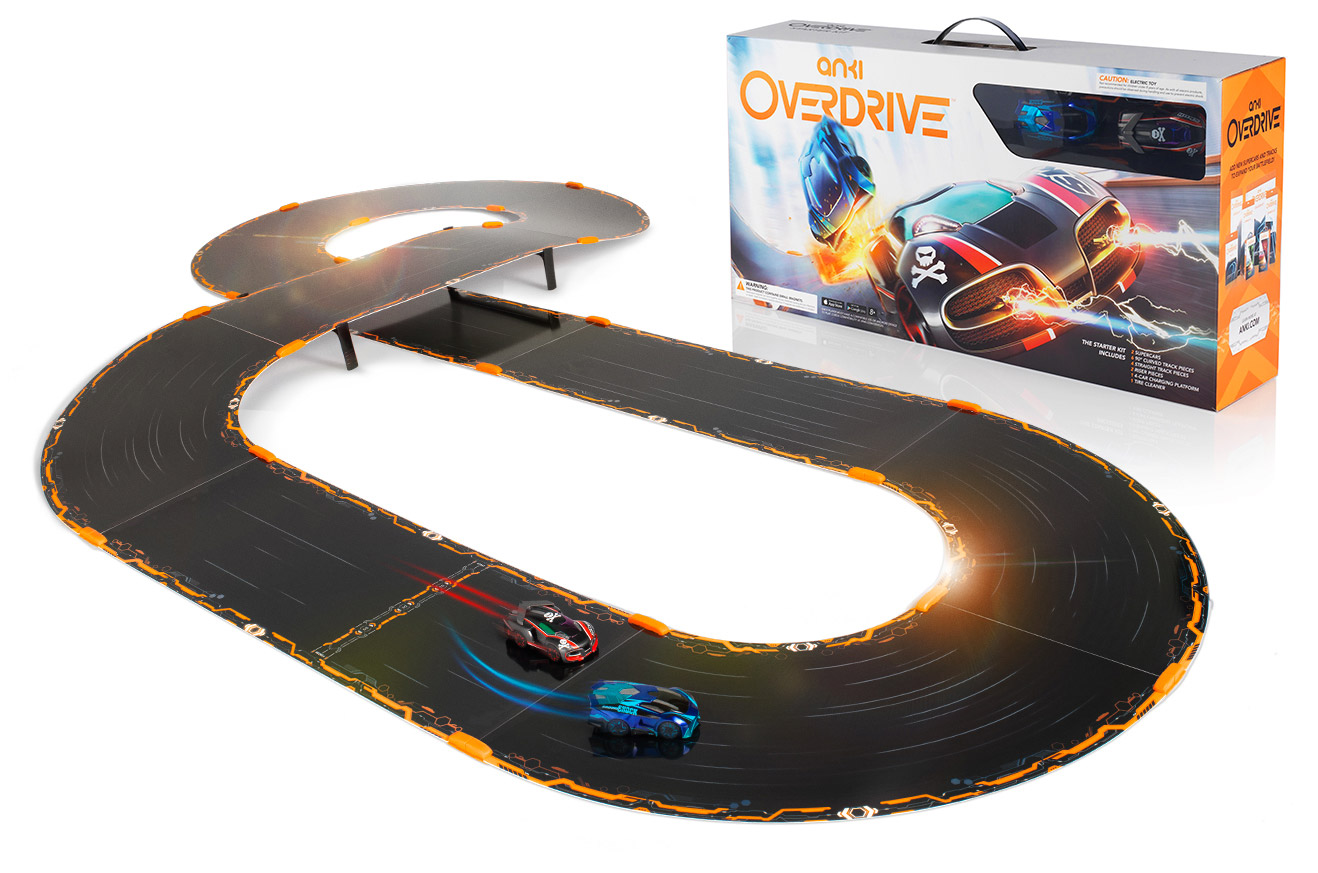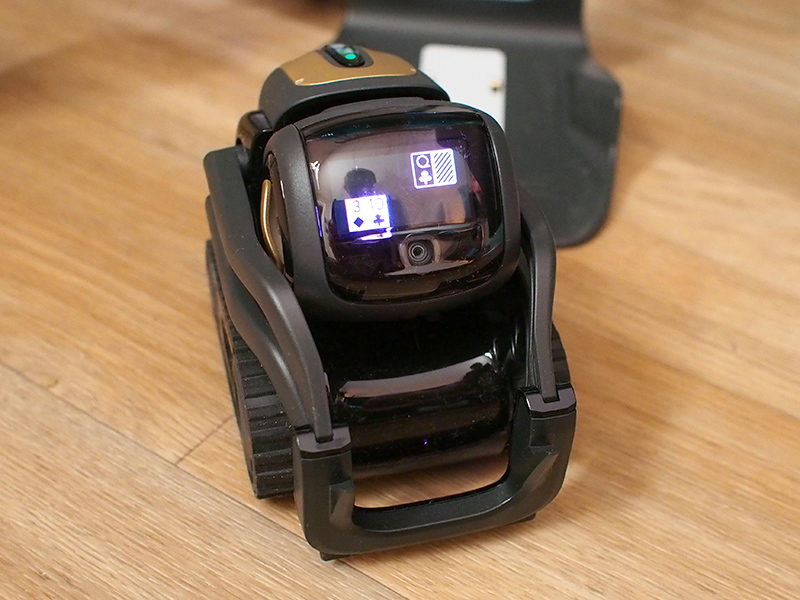


It's hard to overemphasize these two points. Its spaced repetition algorithm means it also capitalizes on the benefits of spaced practice. Research shows that active recall aids retention much more than passive recall like rereading notes. the practice testing/retrieval practice strategy mentioned above). In addition to its automated spaced repetition algorithm, here are the main things I like about Anki: The Pros.Īctive learning, the testing effect, and spaced repetition: As I've described, Anki capitalizes on the testing effect (i.e. Despite its rigid structure, I find that Anki helps de-constrain me in many ways. Similarly, just about every comprehensive "how to score well in medical school" resource I've come across (see a few below) uses SRS electronic flashcards as the core of its learning system. That said, based on the literature, I'd argue that almost every learning researcher would recommend SRS electronic flashcards. I do, however, accept that different approaches work for different people. It’s not perfect, but I think it can be a valuable learning asset for anyone when used correctly. I take just about all of my notes using Anki (for medical school, language learning, etc.). There are several scientific studies which support this using more general mnemonics, like the keyword method (essentially, image-based mnemonics without memory palaces), but check out one study which used memory palaces combined with spaced retrieval practice here. The combo of spaced retrieval practice supplemented with as-needed memory palaces beats both. Of course, you don't have to pick one or the other. Spaced retrieval practice without memory palaces beats memory palaces without spaced retrieval practice. As I've said previously, if I had to choose between memory palaces and spaced retrieval practice, I'd choose spaced retrieval practice every time.

Spaced repetition is a powerful tool for making things stick long-term, and I can't imagine learning without it-even with the aid of memory palaces.
#Anki review software
The only other strategy to receive that designation was practice testing (also called "retrieval practice"-essentially, having to bring a fact to mind from memory). An easy way to implement both spaced repetition and practice testing (more concisely, "spaced retrieval practice")? Anki.Īnki refers to a free, flashcard-based spaced repetition software available here. One of the learning literature's seminal papers marked "distributed practice" (spaced repetition, essentially) as a high-efficacy learning strategy. There's good learning science to back up spaced repetition too. The good news is that after 2-3 reviews, the images and ideas tend to stick really well. For example, you learn the material on Day 1, review on Day 4, review a week later, then a month later, etc.). What's the point of doing all this work if I'm going to forget my images in a week?! The solution: spaced repetition-a review strategy that spaces out reviews over progressively longer time intervals. When I first experimented with memory palaces in medical school, this frustrated me to no end. Even with well-made memory palaces and tricks for stronger images (e.g., I shoot for ≤3 images per locus to minimize congestion and speed recall), fading images are an inevitable problem.


 0 kommentar(er)
0 kommentar(er)
